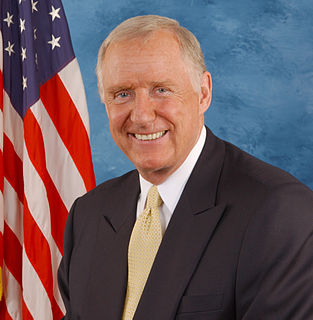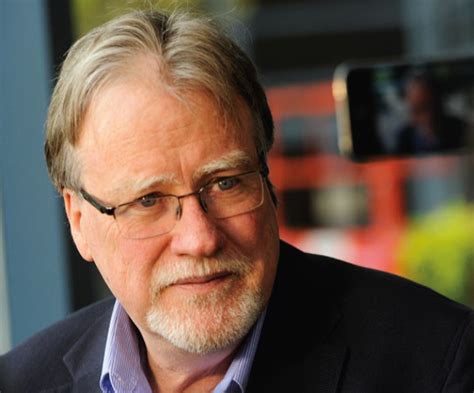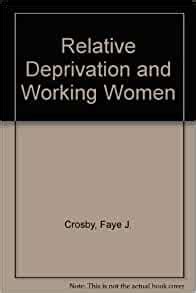A Quote by Jenny McCarthy
Parents of recovered children, and I've met hundreds, all share the same experience of doubters and deniers telling us our child must have never even had autism or that the recovery was simply nature's course. We all know better, and frankly we're too busy helping other parents to really care.
Related Quotes
When parents see their children's problems as opportunities to build the relationship instead of as negative, burdensome irritations, it totally changes the nature of parent-child interaction. Parents become more willing, even excited, about deeply understanding and helping their children. . . . This paradigm is powerful in business as well.
I believe that the most urgent need of parents today is to instill in our children a moral vision: what does it mean to be a good person, an excellent neighbor, a compassionate heart? What does it mean to say that God exits, that He loves us and He cares for us? What does it mean to love and forgive each other? Parents and caregivers of children must play a primary role in returning our society to a healthy sense of the sacred. We must commit to feeding our children’s souls in the same way we commit to feeding their bodies.
You can read the best experts on child care. You can listen to those who have been there. You can take a whole childbirth and child-care course without missing a lesson. But you won't really know a thing about yourselves and each other as parents, or your baby as a child, until you have her in your arms. That's the moment when the lifelong process of bringing up a child into the fold of the family begins.
When parents say, "I wish my child did not have autism," what they’re really saying is, "I wish the autistic child I have did not exist, and I had a different [nonautistic] child instead." Read that again. This is what we hear when you mourn over our existence. This is what we hear when you pray for a cure. This is what we know, when you tell us of your fondest hopes and dreams for us: that your greatest wish is that one day we will cease to be, and strangers you can love will move in behind our faces.
As parents, we can do a great deal to further this goal by helping our children develop alternative ways of knowing the world verbally/analytically and visually/spatially. During the crucial early years, parents can help to shape a child's life in such a way that words do not completely mask other kinds of reality. My most urgent suggestions to parents are concerned with the use of words, or rather, not using words.
There’s a belief now that the problem with our schools is parents, that if we just had better parents we would have better performing kids and, therefore, we wouldn’t have a problem at all. But what’s missing in that equation is that you do have a lot of parents in this country who are very involved in their children’s education and who do want something better. They want to see better for their kids. They know that they’re in schools that aren’t performing particularly well and if you look at how we treat those parents, it is quite poorly.
Of course, everyone's parents are embarrassing. It goes with the territory. The nature of parents is to embarrass merely by existing, just as it is the nature of children of a certain age to cringe with embarrassment, shame, and mortification should their parents so much as speak to them on the street.
You must learn to look at people who are angry with you straight in the eye without getting angry back. When children see their parents treating them this way, they then recognize the parents' authority. It speaks louder than words. Their new respect for the parents is as good for them as it is for the parents. It never works to demand respect of children. It must be given willingly as a result of strength of good character in the parents, which is manifested by their non-reaction to stress in the children.









































